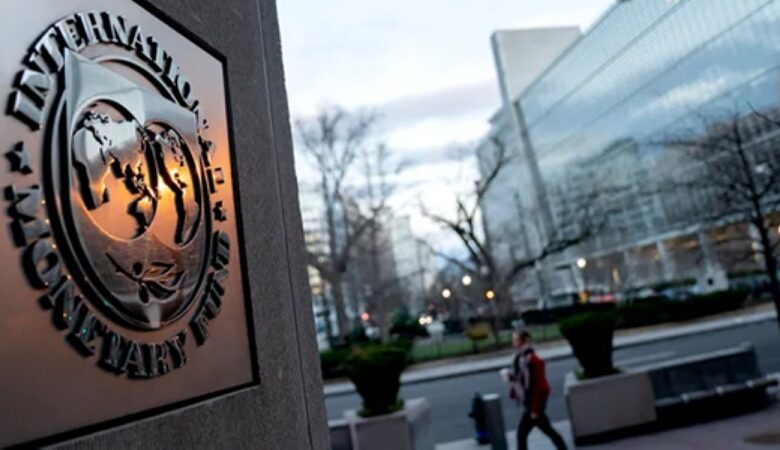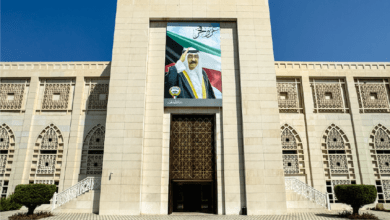
The International Monetary Fund (IMF) warned Tuesday of a potential slowdown in global economic growth in 2025, citing persistent uncertainty and rising geopolitical tensions as key risk factors.
In its July report titled “Weak Resilience Amid Persistent Uncertainty”, the IMF projected global growth to reach 3.0% in 2025, marking a slight upward revision of 0.2 percentage points from its April forecast. Growth is expected to rise marginally to 3.1% in 2026, also up 0.1 percentage points from the previous estimate, according to news agencies.
According to the report, these modest upgrades are driven by stronger-than-anticipated performance in major economies, supported by several key factors:
- Lower average effective tariff rates in the United States than previously expected,
- Eased financial conditions due to a weakening U.S. dollar,
- Expansionary fiscal policies in several large economies.
Despite the revised projections, the IMF highlighted that downside risks remain significant, warning that escalating trade barriers, ongoing global tensions, and policy uncertainty could disrupt supply chains, raise commodity prices, and force central banks to adopt tighter monetary policies—potentially leading to higher long-term interest rates.
The report also touched on inflation, predicting a global average of 4.2% in 2025 and 3.6% in 2026, though outcomes are expected to vary by region.
Notably, U.S. inflation is projected to remain above the Federal Reserve’s 2% target, while inflation in other advanced economies is anticipated to stabilize more quickly.
The IMF cautioned that financial market volatility could reemerge if fiscal deficits widen or investor confidence wanes. In response, the Fund called for credible policy frameworks that promote economic predictability, fiscal discipline, and long-term sustainability.
Finally, the report emphasized that progress on permanent trade agreements, efforts to de-escalate geopolitical conflicts, and the implementation of structural reforms are essential to unlocking stronger global growth and fostering long-term resilience in the global economy.












